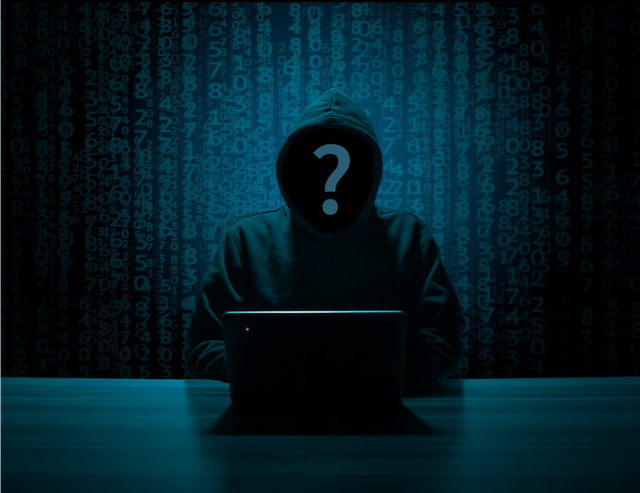Only 10% of Bitcoin Transactions Are for Crime, down from 90% in 2013
Drug Enforcement Agency (DEA) agent Lilita Infante says that 10% of Bitcoin transactions are associated with illegal activity. This is down from 90% of Bitcoin transactions being used for crime in 2013.
Infante works for the DEA Cyber Investigative Task Force, which specializes in cryptocurrency and the dark web. She says although the ratio of illegal to legal Bitcoin transactions has declined drastically, the total transaction volume of Bitcoin used for crime has surged higher than ever before.
Unfortunately, the data used to come to these conclusions has not been disclosed, although Infante hints that the DEA has sophisticated methods for tracking Bitcoin activity. The DEA data is some way off from earlier research which found that Bitcoin use for illicit purposes had declined much more. A study released by blockchain analytics firm Elliptic in January 2018, for example, said that only 1% of Bitcoin transactions were for illegal purposes, with methodology and data fully disclosed.
Basically, if these results are to be believed, Infante is saying that legitimate Bitcoin trading, investing, and use for goods and services has increased dramatically and is outpacing the use of Bitcoin for illegal activity, even though overall there is much more money being transacted with Bitcoin for illegal activities now than in 2013.
Bitcoin was deemed popular among criminals because it is much more anonymous than using the traditional banking system and is an efficient way of sending money to purchase anything. Bitcoin is also an extremely efficient way to send money across borders.
However, Infante asserts that although the DEA didn’t have much skill back in 2013, now they have advanced technology which can easily attach identities to Bitcoin transactions. Of course, such technology depends on Bitcoin users not using Bitcoin to its maximum potential, since it is possible to remain highly secretive while transacting Bitcoin. Many methods to obscure address association exist, including “mixing” or “tumbling”, single-use addresses, and anonymous routers or VPNs to obscure IP, making tracking more difficult.
Further, Infante hints that the DEA can even track privacy coins like Monero and Zcash, although presents nothing to back her tall claim.
The Bitcoin blockchain is public though, and if a user isn’t being careful they can be easily traced. Infante says, “The blockchain actually gives us a lot of tools to be able to identify people. I actually want them to keep using them.”

Gud spich